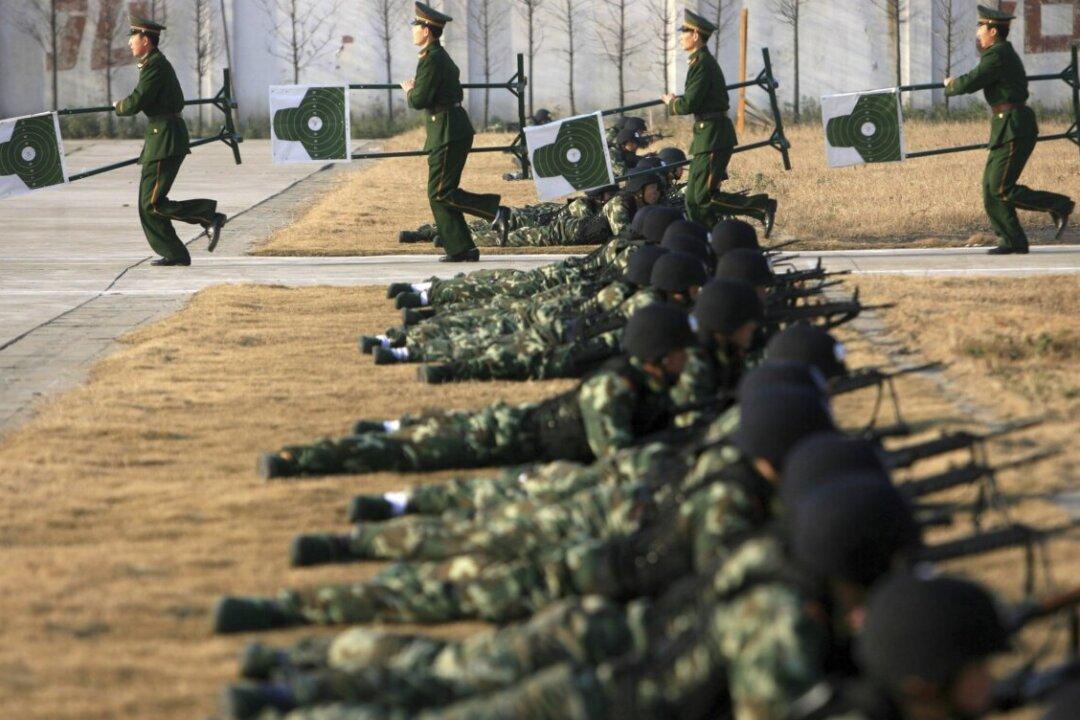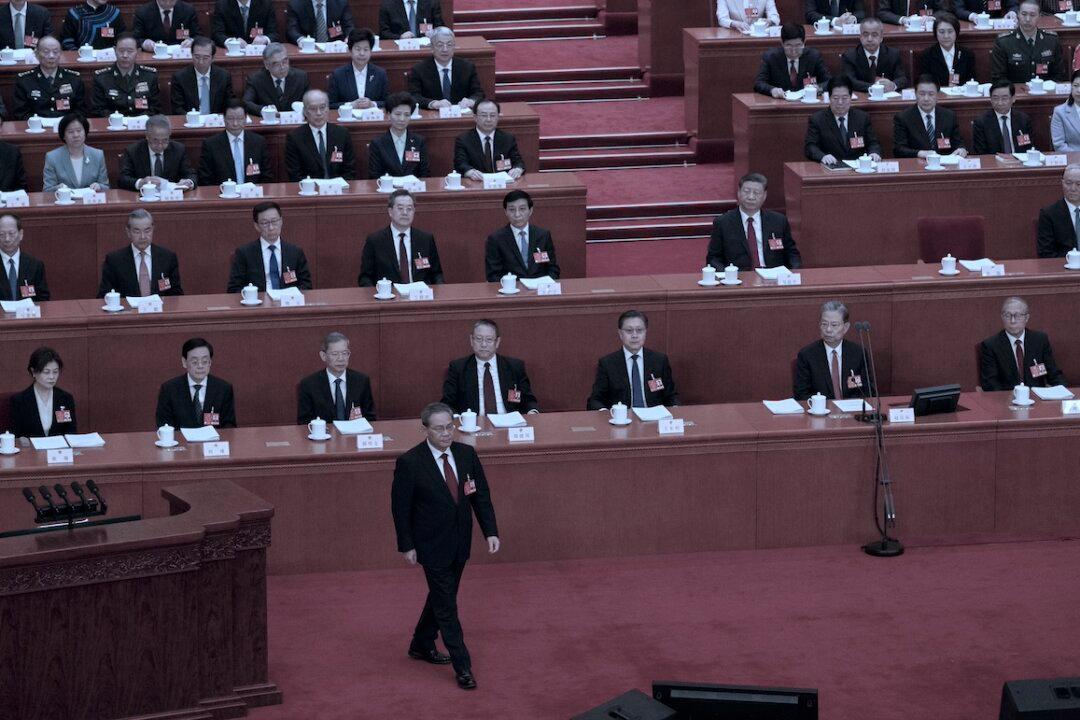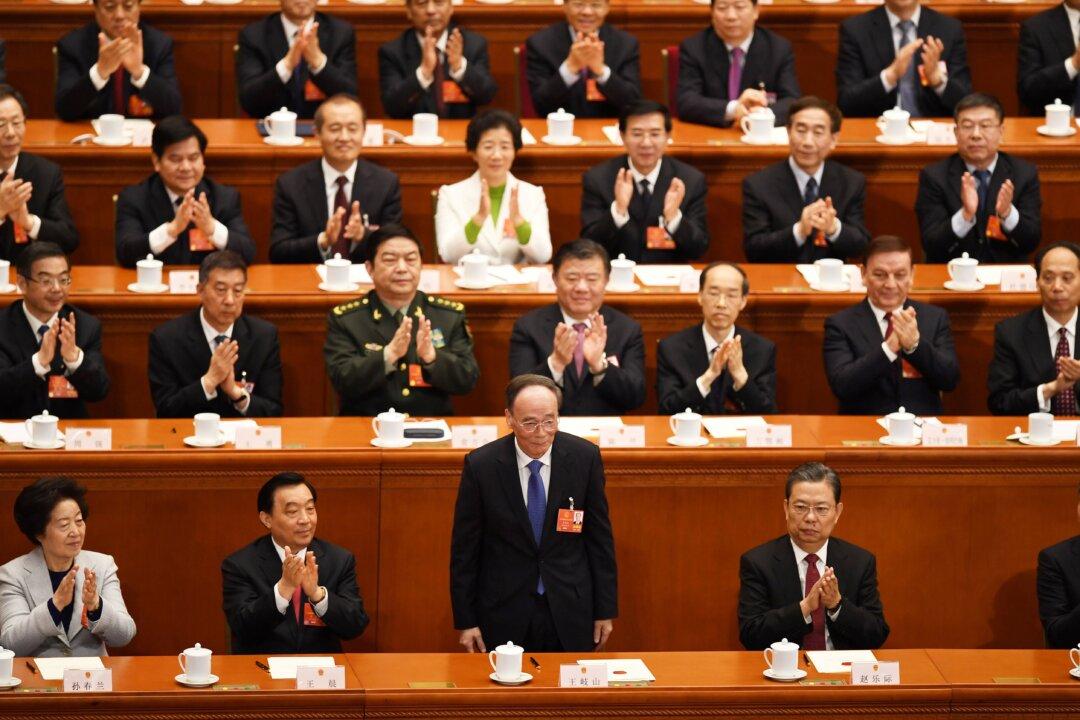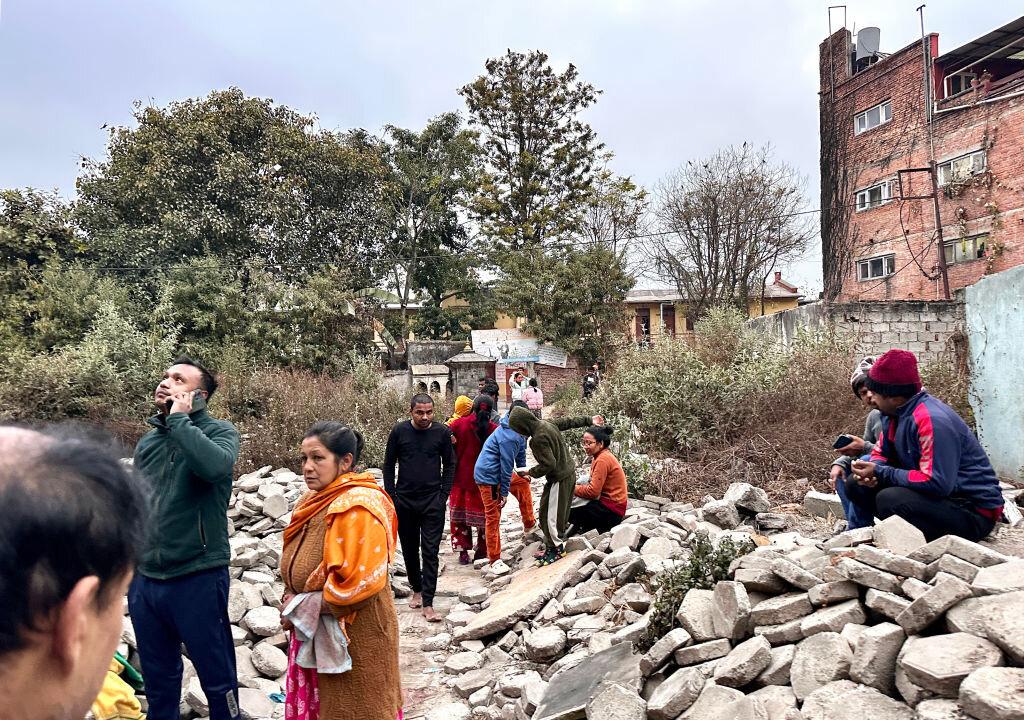Commentary
The body of the deceased Chinese former premier Li Keqiang was cremated on Nov. 2 in Beijing after being carried from Shanghai. Despite the official obituary blaming Li’s death on a heart attack, speculations around his death went viral, pointing to the Central Guard Bureau, which was in charge of Li’s security, as well as armed police in Shanghai, the city where he died.




